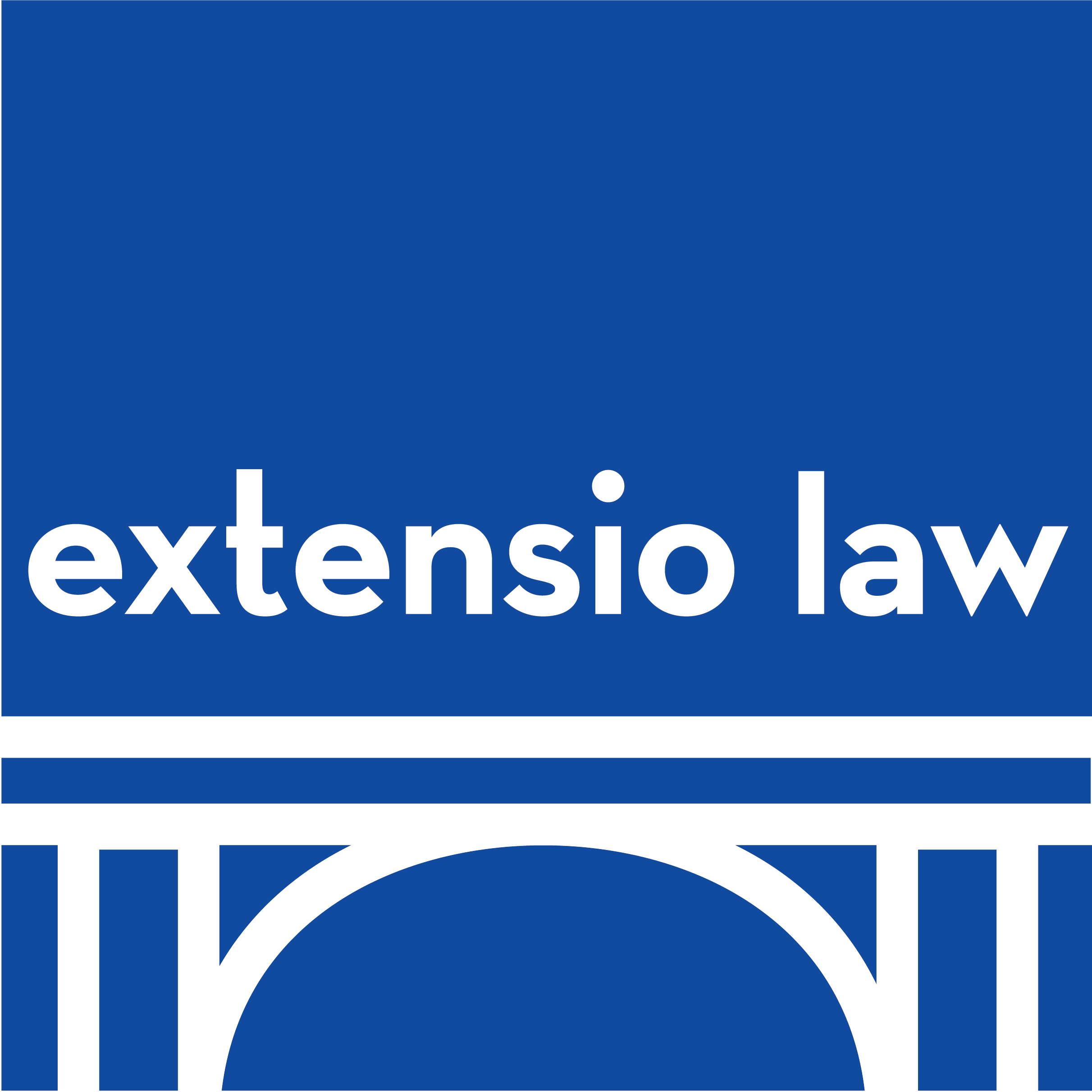ICYMI: The Protected Status of Accommodated, Unvaccinated Employees
As companies resume in-person meetings, plan for annual conferences, and host end-of-year holiday parties, employee vaccination status is an inevitable point of discussion. The reality is that individual vaccination status has become a matter of political and philosophical debate, and employers must remain vigilant about the retaliation protections of the ADA and Title VII, relative to unvaccinated but accommodated employees. In case you missed it, on November 17, 2021, the U.S. Equal Employment Opportunity Commission (EEOC) updated its Technical Assistance Questions and Answers: What you Should Know About COVID-19 and the ADA, the Rehabilitation Act, and Other EEO Laws (the “Guidance”). The updates were made under the “Retaliation and Interference” category.
These updates serve as timely reminders for employers. Employees with approved religious or disability (including medical) accommodations from mandatory vaccination or masking policies are entitled to reasonable accommodation that would enable them to have equal access to the benefits of employment, unless the accommodation creates an undue hardship. Blanket exclusions of accommodated, unvaccinated employees from work-related events (including office parties) may lead to claims of discrimination, retaliation, and/or interference under the ADA (see #3 below).
Here is a reminder of the EEOC’s three key updates regarding Retaliation and Interference:
1. Job applicants and current and former employees are protected from retaliation for asserting their rights under any of the EEOC-enforced anti-discrimination laws.
“Retaliation” includes any employer action in response to EEO activity that could deter a reasonable person from engaging in protected EEO activity. This includes actions that have a tangible effect on employment (e.g., denial of promotion, denial of job benefits, discharge, warnings, lower performance ratings, etc.), and actions that might deter a reasonable person from exercising EEO rights.
2. Protected activity can take many forms, including filing a charge of discrimination; complaining to a supervisor about coworker harassment; or requesting accommodation of a disability or a religious belief, practice, or observance, regardless of whether the request is granted or denied.
As employers continue to receive, examine, adjudicate, and disposition religious and disability accommodation requests stemming from the policies related to return to work, vaccine mandates, and personal protective equipment requirements. Remember that requesting an accommodation for a disability (or a sincerely held religious belief, practice, or observance) is protected EEO activity, regardless of whether the request is granted or denied.
3. The ADA prohibits not only retaliation for protected EEO activity, but also “interference” with an individual’s exercise of ADA rights.
In addition to prohibiting retaliation against employees for engaging in protected EEO activity, the ADA also prohibits interference with an individual’s exercise of ADA rights. This means that employers may not coerce, intimidate, threaten, or otherwise interfere with the exercise of ADA rights by job applicants or current or former employees. For example, it is unlawful for an employer to use threats to discourage someone from requesting a reasonable accommodation.
HR should be the primary point of contact on vaccine-related employment issues. Since managers will inevitably be in the crossfire of employee concerns, remind them to promptly refer these matters to HR, to refrain from reflexive responses, and to act patiently, thoughtfully, and judiciously in responding to vaccine status-related concerns - checking their personal beliefs at the door.



